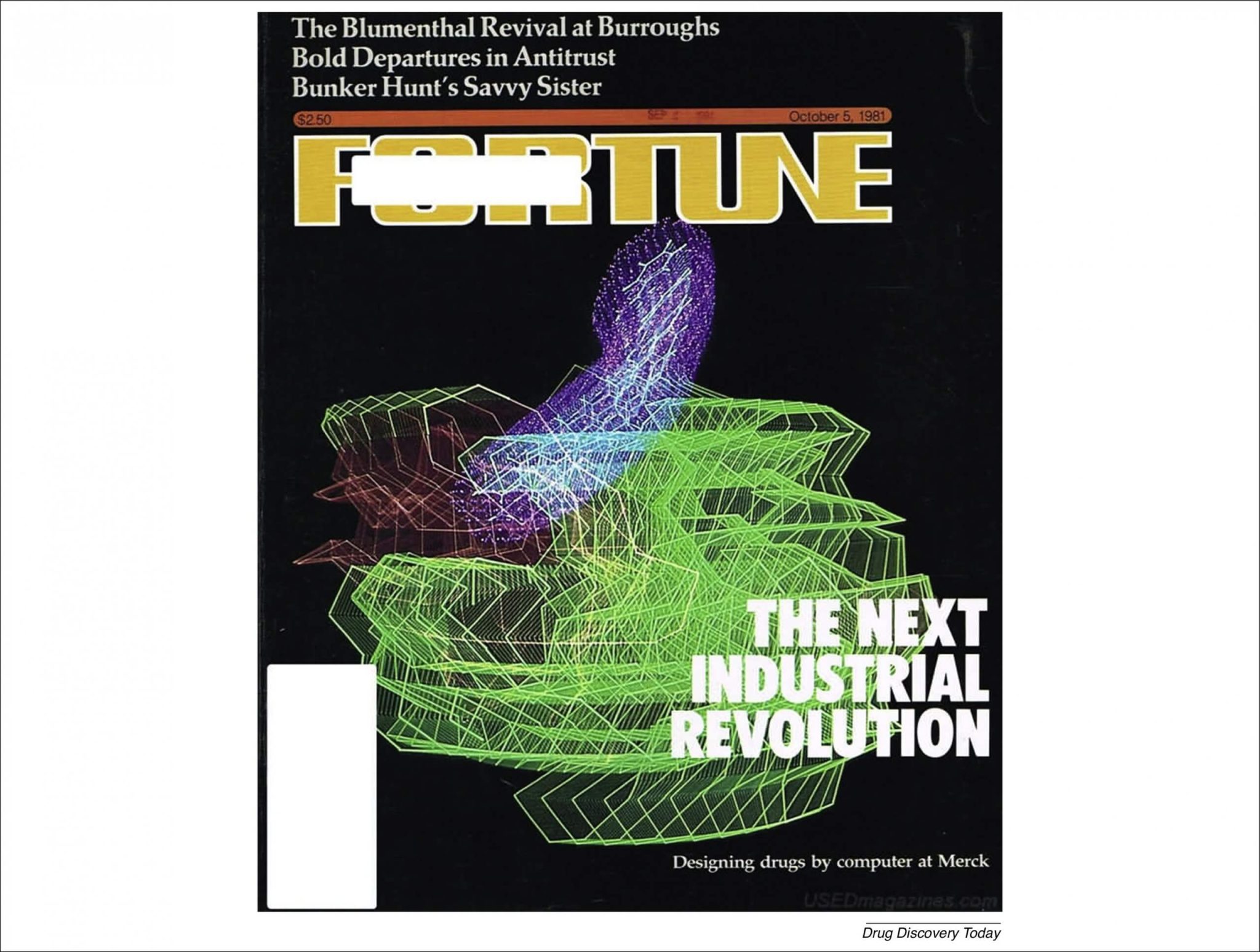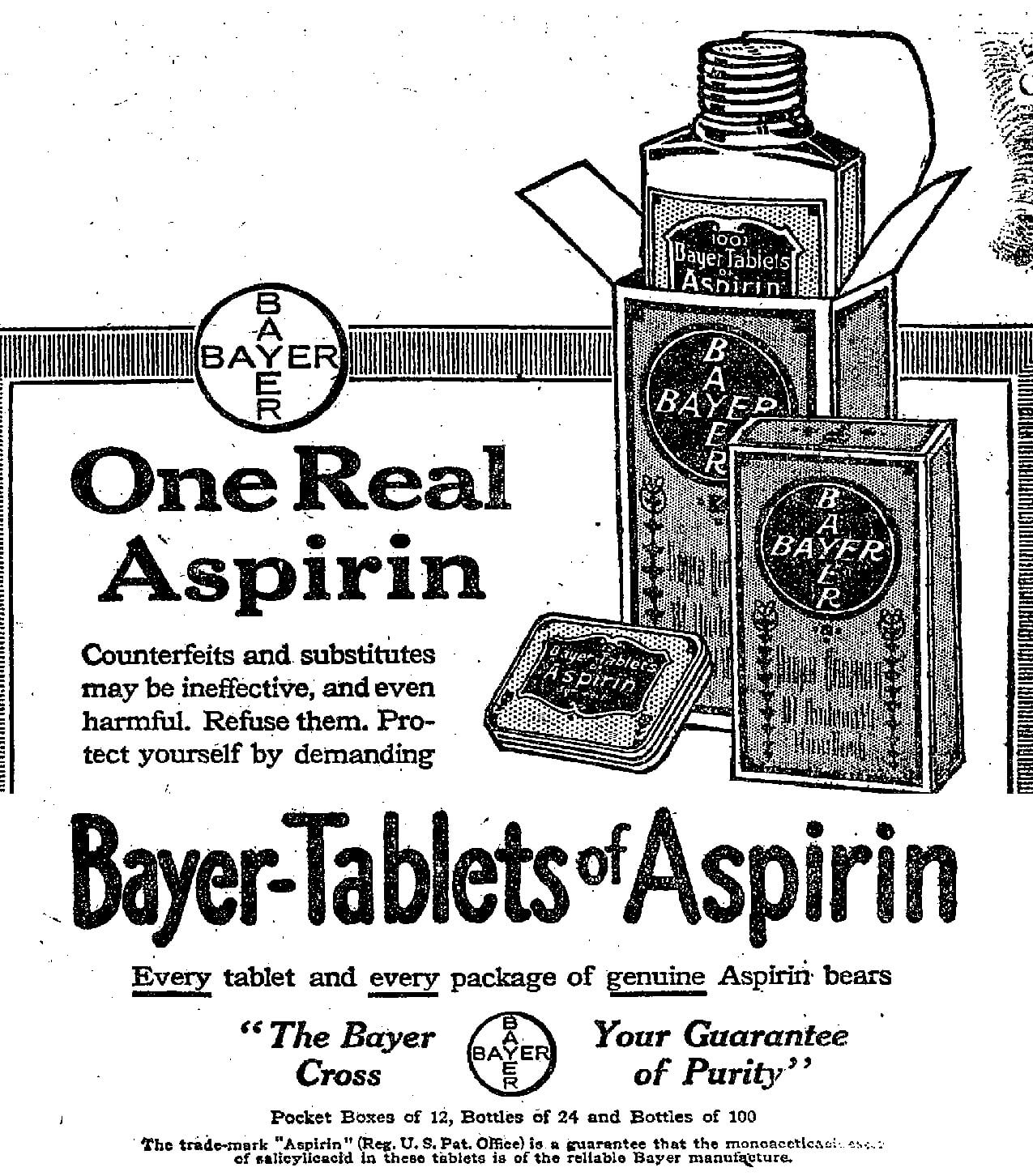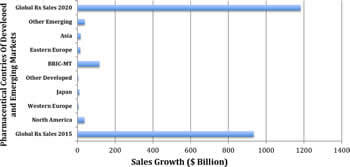Introduction

Pharmaceutical procurement is a critical component of healthcare systems worldwide. It’s the process of acquiring medicines and medical supplies that can literally mean the difference between life and death. But it’s not just about buying drugs; it’s about ensuring quality, affordability, and accessibility. Let’s dive into the world of pharmaceutical procurement and explore its various aspects.
Understanding Pharmaceutical Procurement
What is Pharmaceutical Procurement?
Pharmaceutical procurement is the process of acquiring supplies after a properly selected list of products[1]. It’s not just about buying medicines; it’s about getting the right drugs, in the right quantities, at the right time, and at the right price. Sounds simple, right? Well, not quite.
The Importance of Effective Procurement
Effective procurement is crucial for several reasons:
- It ensures the availability of essential medicines
- It maintains optimal quality and safety standards
- It establishes cost-effectiveness for sustainable operations[2]
“Procurement is the most important part of the pharmaceutical logistic cycle.” – World Journal of Advanced Research and Reviews[1]
Key Objectives of Pharmaceutical Procurement
Ensuring Availability
The primary goal of pharmaceutical procurement is to ensure the availability of essential medicines and medical devices for patients[2]. This requires careful planning and forecasting to ensure that the right quantities of medicines are procured at the right time.
Maintaining Quality and Safety
Quality and safety are non-negotiable in pharmaceutical procurement. This includes ensuring that medicines are manufactured, stored, and transported in a way that doesn’t compromise their quality and safety[2].
Establishing Cost-Effectiveness
Cost-effectiveness is another crucial consideration. Organizations need to procure medicines at competitive prices without compromising on quality[2]. It’s a delicate balance, but one that’s essential for sustainable healthcare systems.
Procurement Strategies in Pharmaceuticals
Centralized vs. Decentralized Procurement
The procurement system or model depends on the type of organization, whether it’s governmental or private, centralized or decentralized, autonomous or semi-autonomous[1]. Each model has its pros and cons, and the choice depends on various factors including the country’s healthcare system and regulatory environment.
Open Tender vs. Restricted Tender
Purchasing should be done through transparent competition, which can take the form of open tender, restrictive tender, restricted competition, or in certain cases, direct negotiation[1]. The choice of method depends on the specific circumstances and regulatory requirements.
Key Aspects of Good Pharmaceutical Procurement Practice
Supplier Qualification
Prequalification of suppliers is a crucial quality assurance activity[1]. It involves assessing potential suppliers based on their reliability, quality standards, and capacity to deliver.
Quantification of Medicines
Accurate quantification of medicine requirements is essential to avoid both stockouts and wastage. This involves analyzing consumption data, disease patterns, and population needs[1].
ABC-VEN Analysis
The ABC-VEN matrix technique is a useful tool for reconciling needs and funds[1]. It helps in prioritizing procurement based on the criticality and cost of medicines.
Quality Assurance
An efficient quality assurance program with annual auditing and regular reports is crucial for maintaining the integrity of the procurement process[1].
Ethical Considerations in Pharmaceutical Procurement
Transparency and Accountability
Transparency and accountability are critical in pharmaceutical procurement. This includes following formal written procedures throughout the process and using explicit criteria to award contracts[3].
Avoiding Conflicts of Interest
It’s essential to have mechanisms in place to prevent and manage conflicts of interest. This might include separating key functions and having a diverse procurement committee[3].
Challenges in Pharmaceutical Procurement
Budget Constraints
Many healthcare systems, especially in developing countries, face significant budget constraints. This can make it challenging to procure all necessary medicines in sufficient quantities.
Quality Control Issues
Ensuring the quality of procured medicines can be challenging, especially when dealing with multiple suppliers from different countries.
Supply Chain Disruptions
Global events, such as the COVID-19 pandemic, can cause significant disruptions to pharmaceutical supply chains, affecting procurement processes.
Innovations in Pharmaceutical Procurement
E-Procurement Systems
Many organizations are moving towards e-procurement systems to increase efficiency and transparency. These systems can help streamline the procurement process and reduce the risk of errors and fraud.
Pooled Procurement
Pooled procurement, where multiple organizations or countries come together to procure medicines, can help achieve better prices through economies of scale.
Best Practices for Effective Pharmaceutical Procurement
Develop a Clear Procurement Strategy
A well-defined procurement strategy aligned with the organization’s overall goals is crucial for effective procurement.
Invest in Training and Capacity Building
Pharmaceutical procurement is a specialized field. Investing in training and capacity building for procurement staff is essential for improving procurement practices[3].
Implement Robust Monitoring and Evaluation Systems
Regular monitoring and evaluation of procurement processes can help identify areas for improvement and ensure ongoing effectiveness.
The Future of Pharmaceutical Procurement
Artificial Intelligence and Machine Learning
AI and machine learning are set to revolutionize pharmaceutical procurement by improving demand forecasting, supplier selection, and price optimization.
Blockchain Technology
Blockchain technology has the potential to enhance transparency and traceability in pharmaceutical procurement, helping to combat counterfeit medicines and improve supply chain efficiency.
Conclusion
Pharmaceutical procurement is a complex but crucial aspect of healthcare systems. By focusing on key aspects such as supplier qualification, quantification, quality assurance, and ethical considerations, organizations can improve their procurement practices. As we look to the future, innovations in technology promise to further enhance the efficiency and effectiveness of pharmaceutical procurement, ultimately contributing to better healthcare outcomes for all.
FAQs
- What is the main goal of pharmaceutical procurement?
The main goal is to ensure the availability of high-quality, essential medicines at affordable prices. - Why is supplier qualification important in pharmaceutical procurement?
Supplier qualification helps ensure that medicines are sourced from reliable suppliers who meet quality and regulatory standards. - What is ABC-VEN analysis in pharmaceutical procurement?
ABC-VEN analysis is a technique used to prioritize procurement based on the cost and criticality of medicines. - How can technology improve pharmaceutical procurement?
Technology can enhance efficiency, transparency, and accuracy in procurement processes through e-procurement systems, AI-driven forecasting, and blockchain-based traceability. - What are the ethical considerations in pharmaceutical procurement?
Key ethical considerations include transparency, accountability, avoiding conflicts of interest, and ensuring fair competition among suppliers.
Sources cited:
[1] https://wjarr.com/content/pharmaceutical-procurement-practice-aspects
[2] https://kronosgroup.eu/2023/04/05/best-practices-for-procurement-in-pharmaceutical-industry-operations/
[3] https://elsmar.com/Cove_Premium/Operational%20principles%20for%20good%20pharmaceutical%20procurement.pdf
























